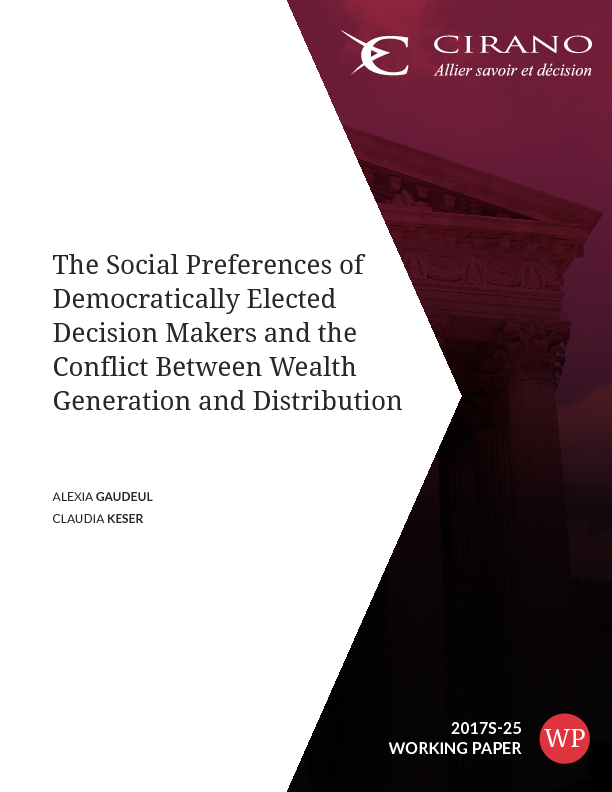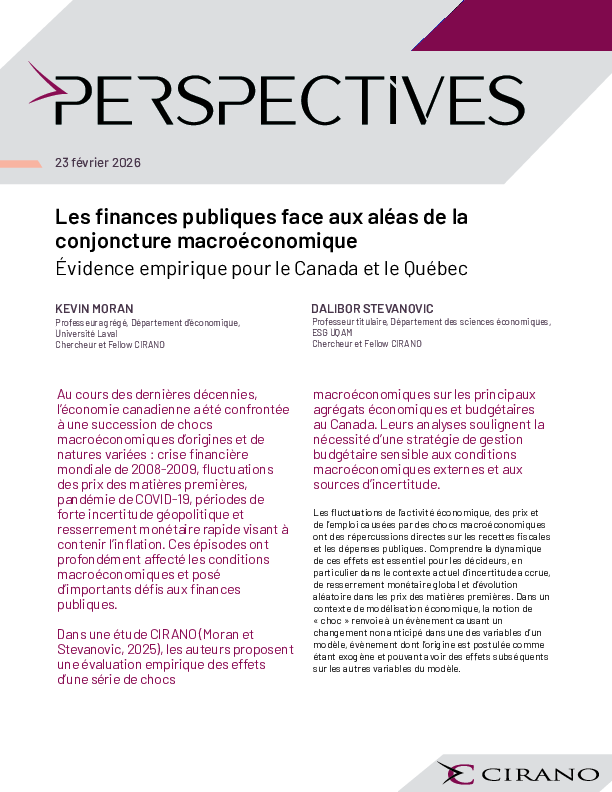The social preferences of democratically elected decision makers and the conflict between wealth generation and distribution
We run a laboratory experiment where some participants are selected to make investment decisions on behalf of others. We test whether a democratic context influences the social preferences of decision makers in terms of efficiency, altruism and concern for inequality. We find that decision makers who are selected democratically are generally more efficiency-oriented, but also more altruistic, than leaders who are selected at random or by ability. Because wealth generation and distribution sometime conflict, efficiency is no higher with democratic leaders, although payoffs are more equal. We interpret our results in terms of a democratic norm that mitigates how elections may otherwise lead to an enhanced feeling of entitlement to one’s role. We exclude a selection effect and discuss the drivers of our results in terms of belief in the legitimacy of the selection procedure and reduced social distance.
[ - ]




